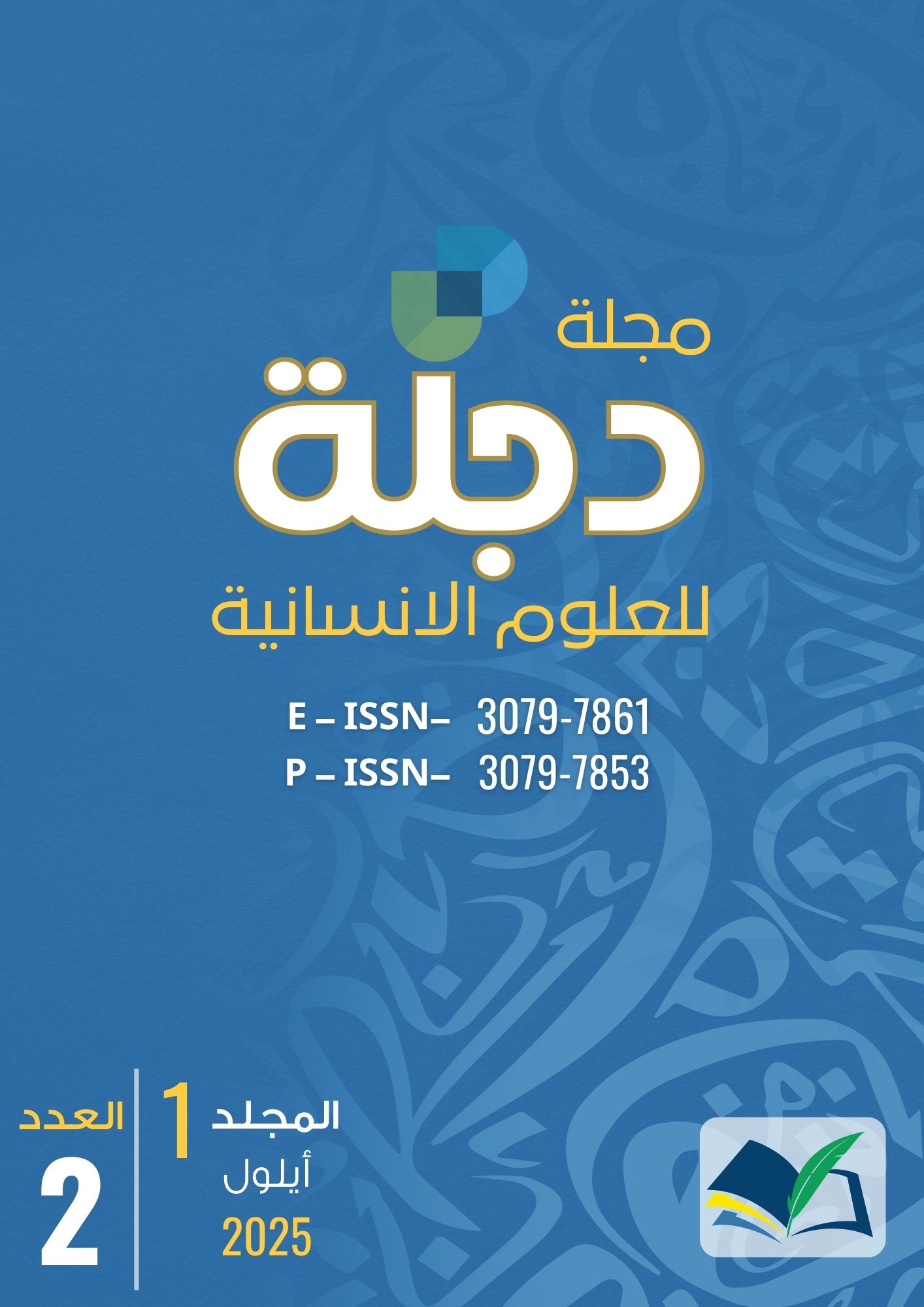Invitation Acceptance Strategies among Iraqi EFL Learners
الكلمات المفتاحية:
Invitation Acceptance Strategies, Iraqi Arab EFL Learner, Social Distanceالملخص
The present study examines invitation acceptance strategies used by Iraqi Arab English foreign language learners. The instrument used to collect the data was an open-ended Discourse Completion Task, comprising three situations when a lower-status interlocutor accepts an invitation made by a higher-status interlocutor with close, familiar, and distant social distance. The data were coded according to Garca's (2008) and Fan Zhu's (2012) categorization of invitation acceptances strategies. The study showed that Iraqi Arab EFL Learners employed 26 types of strategies when accepting invitations, 11 additional types more than those in Fan Zhu's (2012) study. Supportive move was the most dominant strategy compared to head acts across the three levels of social distance. Also, Iraqi Arab EFL learners preferred directness rather than indirectness when accepting invitations indicating that they perceive it as a face-saving speech act. Gratitude was the most prominent strategy used across the three situations followed by direct acceptance. However, Iraqi Arab EFL learners varied their preference towards other types of strategies according to the social distance of the interlocutors. They employed solidarity as the third preferred strategy when interlocutors share close social distance. When social distance is familiar, well-wishing was the third favoured strategy, while compliment was the dominant when the social distance was distant. Some new strategies such as giving a reason for acceptance, promising to attend, contribution, praying, and honorifics employed by Iraqi Arab EFL learners were not included in Fan Zhu's (2012) classification. Pedagogically, based on the findings of this study, Iraqi EFL Educators could provide pragmatic instruction on how to successfully and appropriately perform invitation acceptance in English taking into consideration both its grammatical structure and the social and culture norms of the target language, and how people perceive this speech act in their native language, i.e., English. In turn, Iraqi Arab EFL learners can develop effective pragmatic competence.

